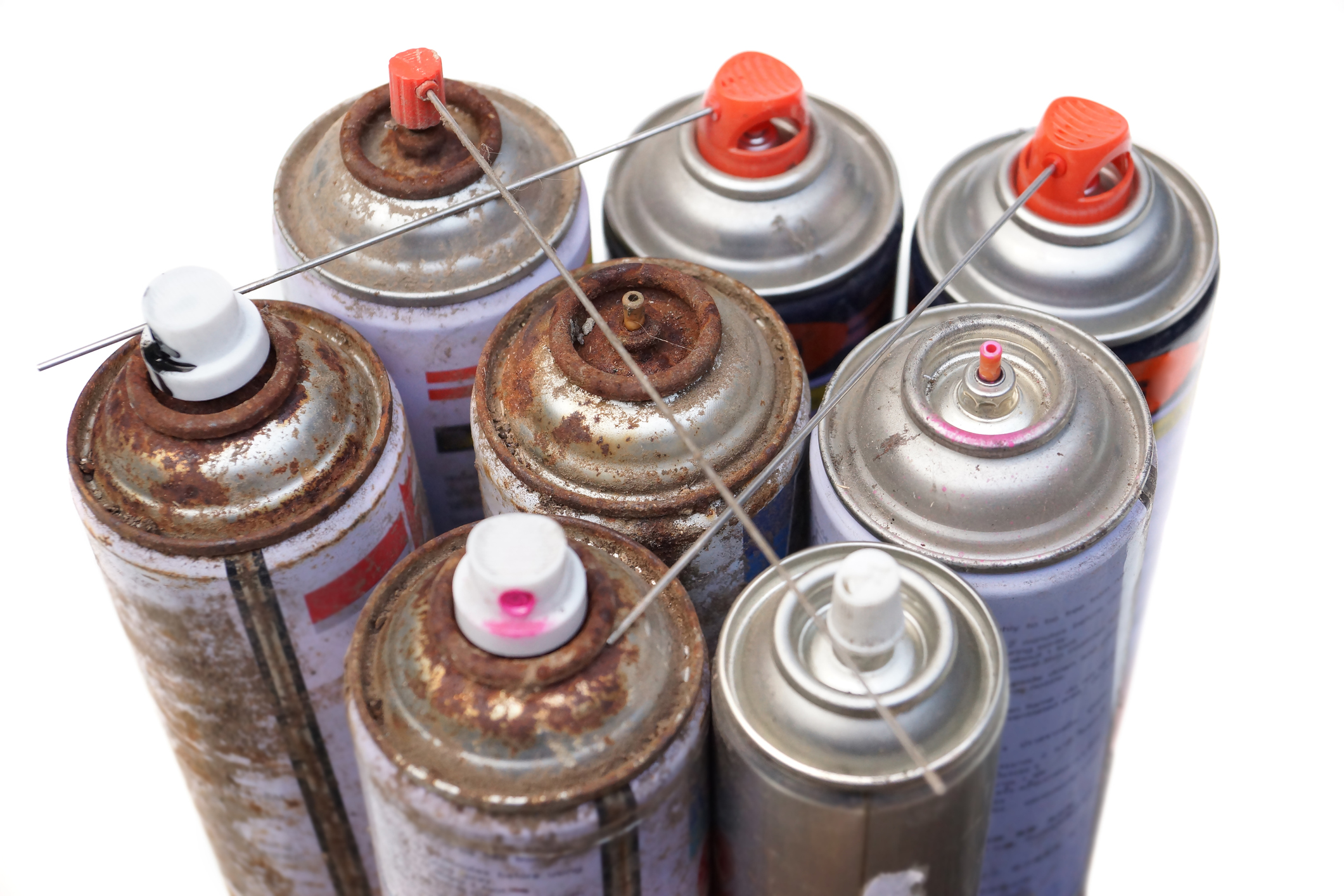Spring has officially arrived and slowly gardens and parks are greening up with buds and bulbs preparing to bloom. H
If you were to
Spring is often a time when municipalities will hold household hazardous waste disposal days where items like pesticides can be dropped off for safe disposal. Check with your local city, town or other municipal website for details. In Canada, check the Government of Canada website for full information about the regulations concerning home and garden pest control and tips for using, storing and disposing of pesticides.
In the wake of new research linking pesticide use in the weed killer Roundup with an increased risk for developing some cancers, more people are opting to use natural alternatives to pesticides to keep lawns free of weeds. In Ontario for example, Class 7 pesticides cannot be used to control weed in lawns, gardens, patios or driveways but controlled sales of these products may be used to kill poisonous or stinging pests, pests like termites that can cause structural damage or rodents that carry disease. Learn more about natural ways to manage pests at home and in the garden by following this link to the Ministry of the Environment, Conservation and Parks. It is not recommended that homeowners make or store homemade pesticides which can create harmful fumes, irritate skin and eyes and be a risk for poisoning due to unclear labelling and storage. Use a registered pesticide, even if it is a natural product.
If accidental pesticide poisoning is suspected, contact a poison control center or doctor immediately. Follow the first aid instructions on the label and bring the pesticide container or label with you to the emergency room or doctor’s office. In the case of pets, contact a veterinarian immediately.






Add Your Voice
0 Comments
Join the Discussion